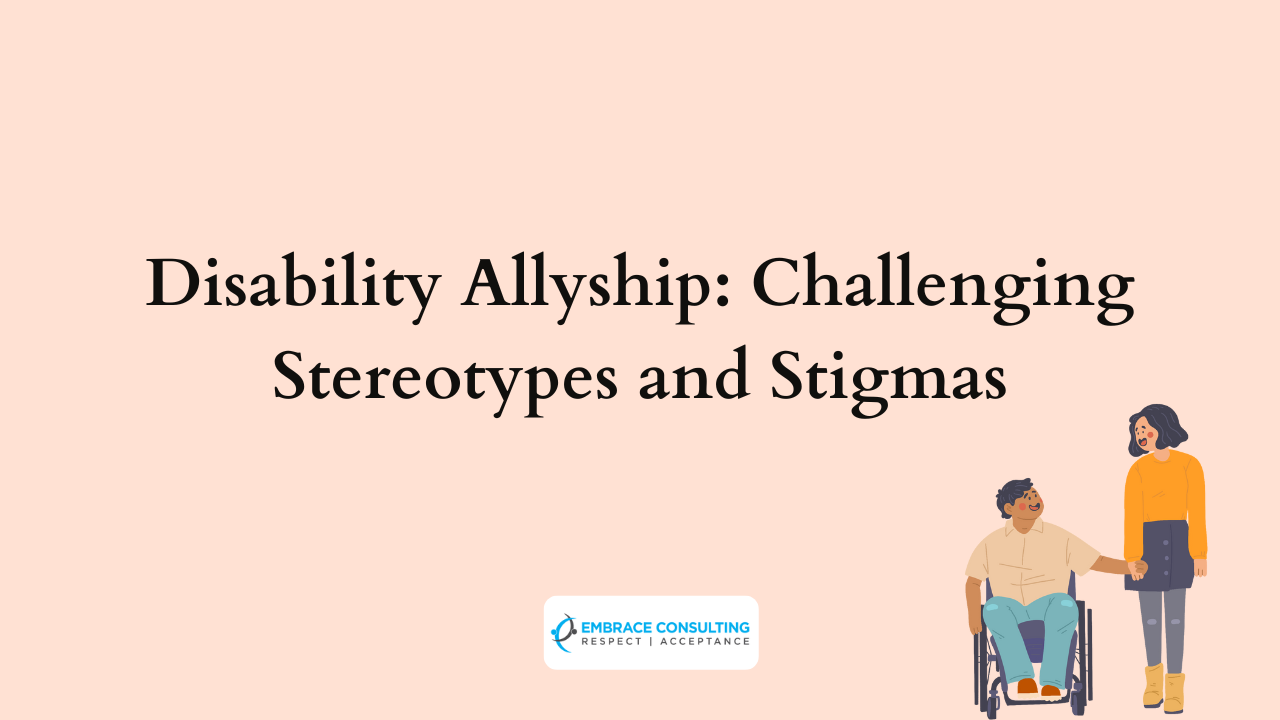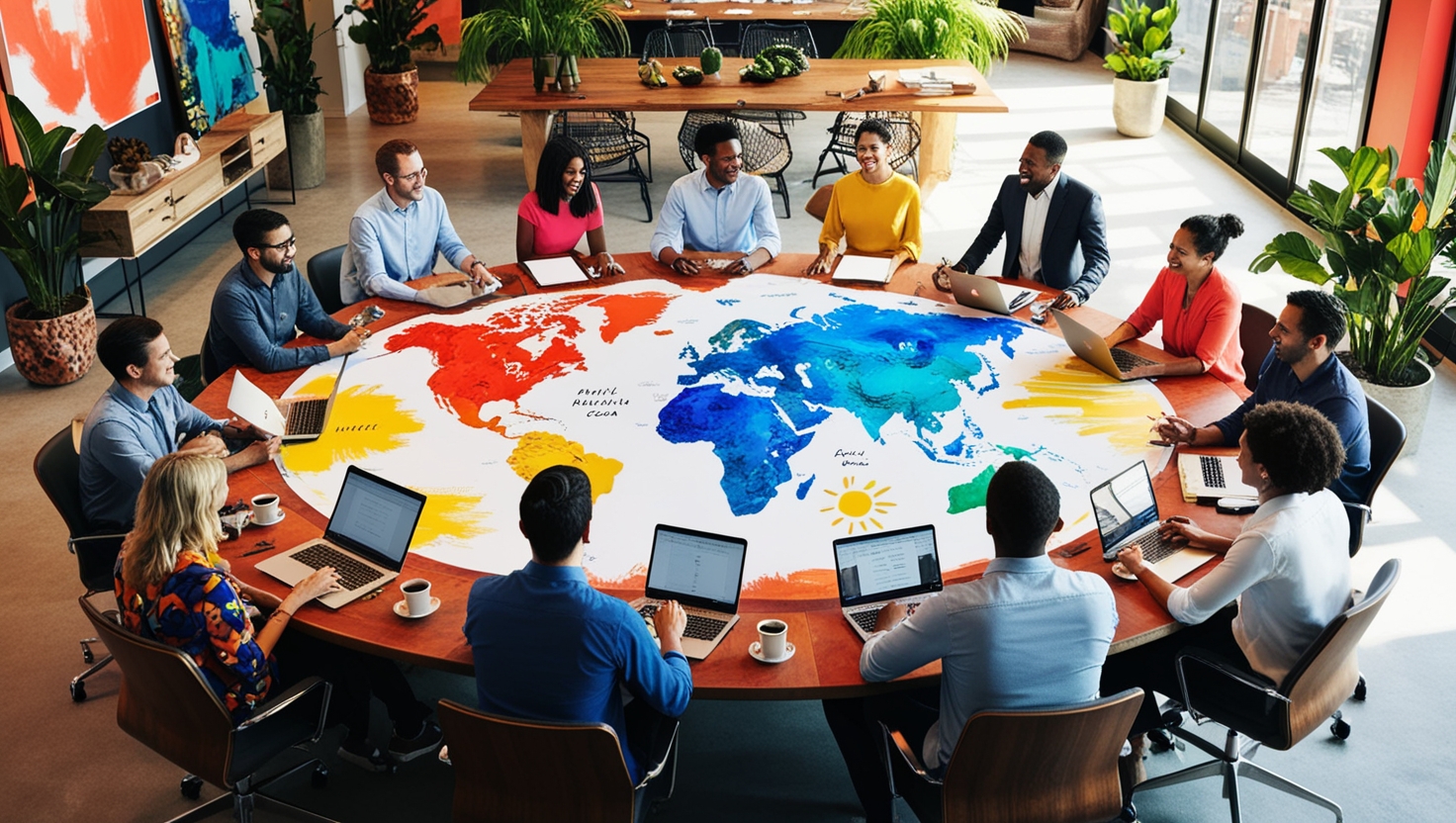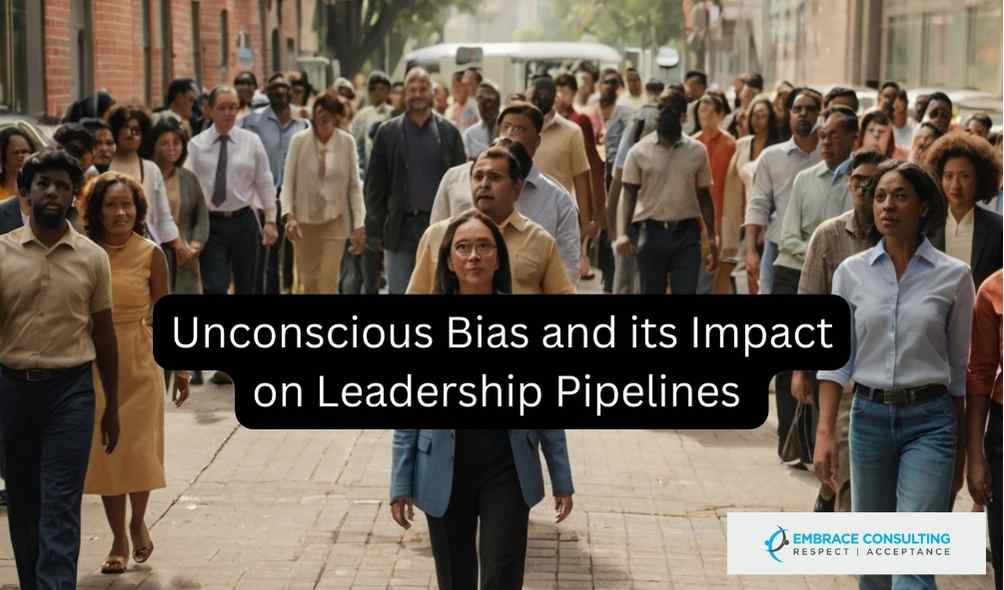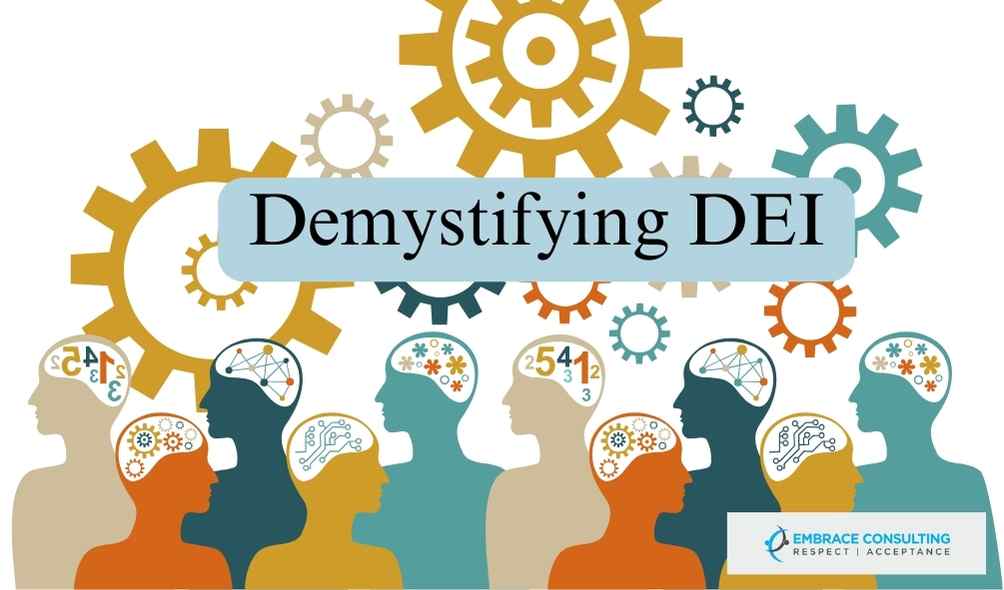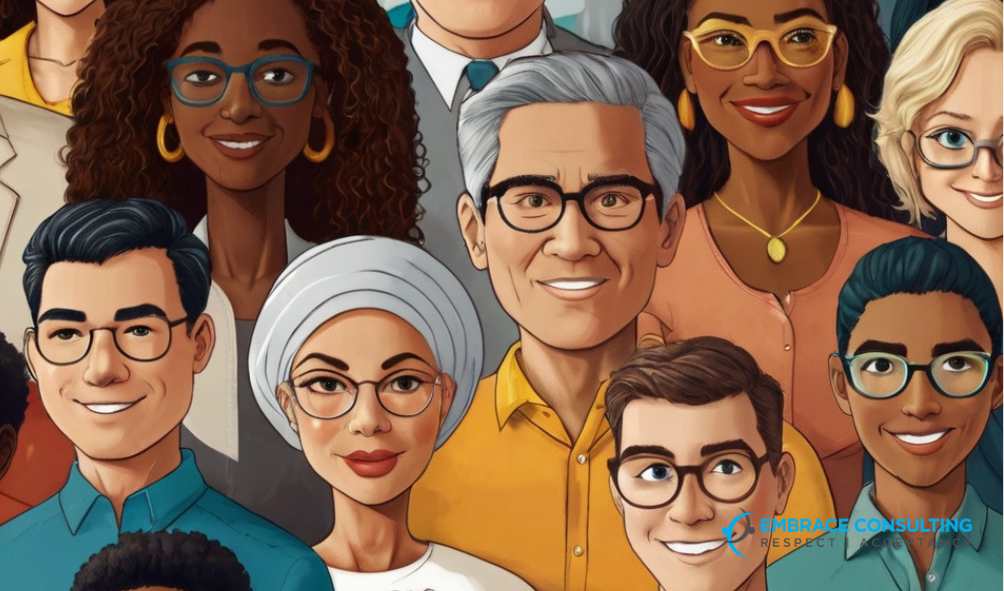Disability allyship has important aspect of promoting inclusivity and equality in our society. Studies have found that people with disabilities have high retention and productivitycheap jordans ann summers sexy underwear custom made basketball jerseys best human hair wigs online 49ers jersey custom baseball jerseys nike air max 270 women’s sale best wigs best human hair wigs online soccer jerseys for sale durex skin feel adidas yeezy shoes cruz azul jersey 2023 bayern shirt 22 23 curly hairpiece for braids rates and low levels of absenteeism.
- People with disabilities hired by Marriott through their Pathway to Independence program in the US experienced a 6% attrition rate compared to a 52% rate for their overall workforce.
- A lower attrition rate for people with disabilities translates into substantial financial savings. It costs organizations between 16% (for lower-skilled positions) and as much as 213% (for the highest-level executives) of a person’s annual salary to replace them.
- In addition to retention, people with disabilities bring different life experiences to the workplace- spawning innovation. We know that consumers are choosing with their pocketbooks and disability-friendly organizations are more appealing to consumers, with 87% of customers in the US saying they would prefer to support businesses employing people with disabilities.
- People with disabilities are an estimated 1.85-billion-strong worldwide – greater than the population of China. Their friends and family add another 3.4 billion potential consumers. Together, they control over US $13 trillion in annual disposable income globally.
- We are temporarily able-bodied, which frequently changes as we age. UN statistics show that more than 46% of people over sixty have a disability compared to a rate of 15% for the population as a whole.
The Importance of Disability Allyship
Disability allyship plays a crucial role in breaking down barriers and creating a more inclusive society. It involves advocating for the rights of individuals with disabilities, promoting accessibility, and challenging the negative perceptions often associated with disabilities. By actively supporting and engaging with individuals who have disabilities, we can help create a world where everyone feels equally valued and respected.
Breaking Stereotypes
One of the key aspects of disability allyship is challenging the stereotypes that persist in society. Many people often hold preconceived notions about individuals with disabilities, assuming that they are incapable or limited in their abilities. Disability allyship aims to eradicate these stereotypes and highlight the unique strengths and capabilities of individuals with disabilities.
Promoting Inclusion
Disability allyship also involves promoting inclusion in all aspects of life. This includes advocating for equal access to education, employment opportunities, healthcare, and public spaces. By advocating for inclusive policies and practices, we can ensure that individuals with disabilities are not excluded or marginalized in any way.
Fostering Empathy and Understanding
Another crucial aspect of disability allyship is fostering empathy and understanding among the general public. Often, people’s fear or discomfort with disabilities stems from a lack of knowledge or exposure. By promoting awareness campaigns, educational initiatives, and open discussions, we can help break down barriers and create a more compassionate society.
Success Stories in Disability Allyship
There have been numerous success stories showcasing the positive impact of disability allyship. Companies and organizations have implemented inclusive hiring practices, ensuring that individuals with disabilities have equal opportunities to contribute to the workforce. Additionally, there have been significant advancements in accessible technology, enabling individuals with disabilities to thrive in various fields.
Conclusion
Disability allyship is a powerful tool in challenging stereotypes and stigmas surrounding disabilities. By advocating for equal rights, promoting inclusivity, and fostering empathy, we can create a society where individuals with disabilities are celebrated for their unique strengths and contributions. It is only through genuine allyship that we can pave the way towards a more inclusive and accepting future for all.

